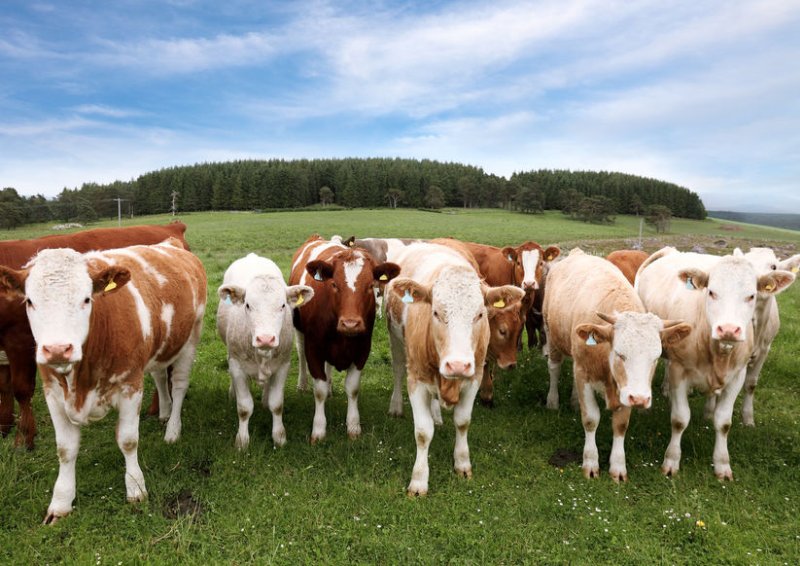
Northern Irish farmers are calling on the government to take action to tackle the immediate drop in beef and lamb prices 'before its too late'.
Prior to the coronavirus outbreak, Northern Ireland U-3 steer price was around 338-340 pence per kilogram, figures show.
Today factory quotes are 316-320p per kg, which equates to a loss of £76 on a 380kg carcass.
Cull cows have also experienced a substantial drop in both quotes and price, and processors have indicated that further deductions are yet to come.
Northern Ireland lamb prices before the pandemic were approximately 460-480p/kg, falling overnight to 4.15p/kg equating to a loss of £14.30 on a 22kg carcass.
The Ulster Farmers' Union (UFU) beef and lamb committee held a teleconference to discuss the substantial decline in prices.
“The supply chain has been dramatically interrupted because of Covid-19 with the food service sector almost coming to a complete shutdown," UFU chairman Sam Chesney explained.
"Beef and sheep processing are complex and there are multiple factors within the production process such as carcass balance, that must be fully considered.
Cuts of sirloin, fillet and ribs in particular have taken the biggest hit, as they were destined for hotels and restaurants.
But with strict restriction measures now in place to slow the spread of the virus, orders have been cancelled or postponed for the foreseeable future.
Processors are indicating that waste, offal and other by-products are practically impossible to shift as a result of Covid-19.
And how consumers do their shopping has also changed as a result of the pandemic, adding further pressure.
Mr Chesney said Northern Irish beef and sheep producers entered the pandemic in a 'poor financial position'.
"Producer costs for feed and fertiliser have also increased in recent weeks due to the outbreak," he said.
"There are 19,809 beef and sheep producers in Northern Ireland who will be affected financially by price drops, more so when input costs soar in the other direction."
The UFU is urging the government to step in to prevent a 'complete collapse before it’s too late'.
"We need measures put in place to safeguard the industry so that when we come out the other side of this pandemic we are in a sustainable position,” Mr Chesney said.
